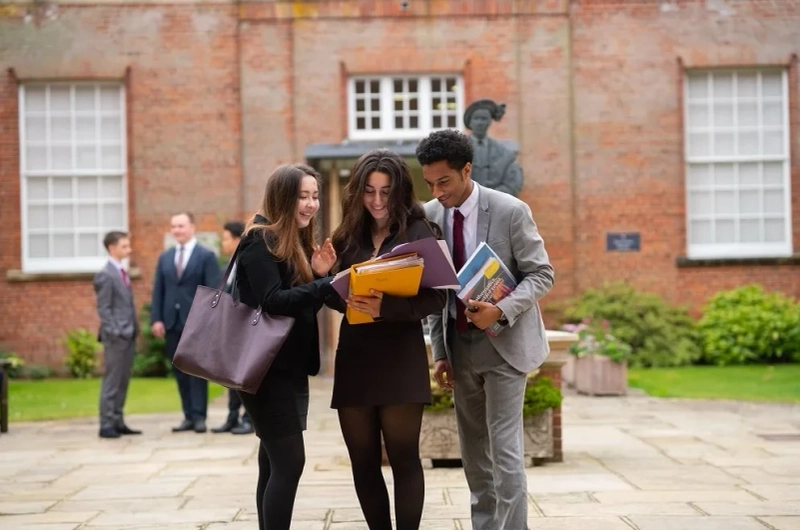Independent schools in the United Kingdom hold a prominent place in the country's education system, offering a diverse range of educational experiences to students. From historic boarding schools steeped in tradition to innovative day schools at the forefront of educational methods, these institutions play a vital role in shaping the academic, social, and personal development of their students. In this article, we will delve into the rich tapestry of independent schools across the UK, exploring their history, characteristics, and contributions to education.
The History of Independent Schools: The roots of independent schools in the UK can be traced back centuries, with some institutions boasting histories dating back to medieval times. Historically, many independent schools were founded as charitable or religious institutions, providing education to specific communities or serving as boarding schools for the children of nobility and gentry. Over time, these schools evolved to cater to a broader range of students, offering a blend of academic rigor, extracurricular opportunities, and character development.
Diversity of Independent Schools: One of the defining features of independent schools in the UK is their diversity. From single-sex to co-educational, day schools to boarding schools, and traditional to progressive educational philosophies, there is a wide array of options available to students and parents. Some independent schools specialize in specific areas such as the arts, sciences, or sports, providing students with specialized training and opportunities for excellence in their chosen fields.
Academic Excellence and Innovation: Independent schools are known for their academic excellence, often achieving outstanding results in national examinations such as GCSEs and A-levels. Many of these schools offer a rigorous curriculum taught by highly qualified teachers, supplemented by state-of-the-art facilities, resources and school open days visit facilities in UK schools. Moreover, independent schools often have the flexibility to innovate and adapt their teaching methods to best meet the needs of their students, incorporating technology, interdisciplinary approaches, and experiential learning into their programs.
Extracurricular Opportunities: Beyond academics, independent schools place a strong emphasis on extracurricular activities, providing students with opportunities to explore their interests, develop leadership skills, and build lifelong friendships. Whether through sports, arts, music, drama, or community service, these schools offer a rich tapestry of activities that complement and enhance the academic experience. Participation in extra curriculars fosters personal growth, resilience, and a sense of belonging among students.
Character Development and Pastoral Care: Independent schools prioritize the holistic development of their students, nurturing not only their academic abilities but also their personal qualities and values. Through comprehensive pastoral care programs, dedicated tutors, and strong support networks, these schools promote the social, emotional, and moral well-being of their students. They instill in them the importance of integrity, empathy, and responsibility, preparing them to become compassionate and principled members of society.
Conclusion: Independent schools in the UK occupy a unique and cherished place in the country's education landscape, offering a wealth of opportunities for students to excel academically, socially, and personally. With their rich history, diverse offerings, commitment to excellence, and focus on holistic development, these institutions continue to play a vital role in shaping the future leaders and citizens of tomorrow's world.
Original Source: Search Best Private Schools in UK


